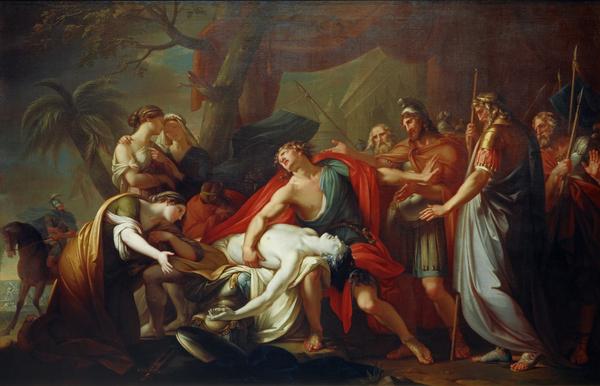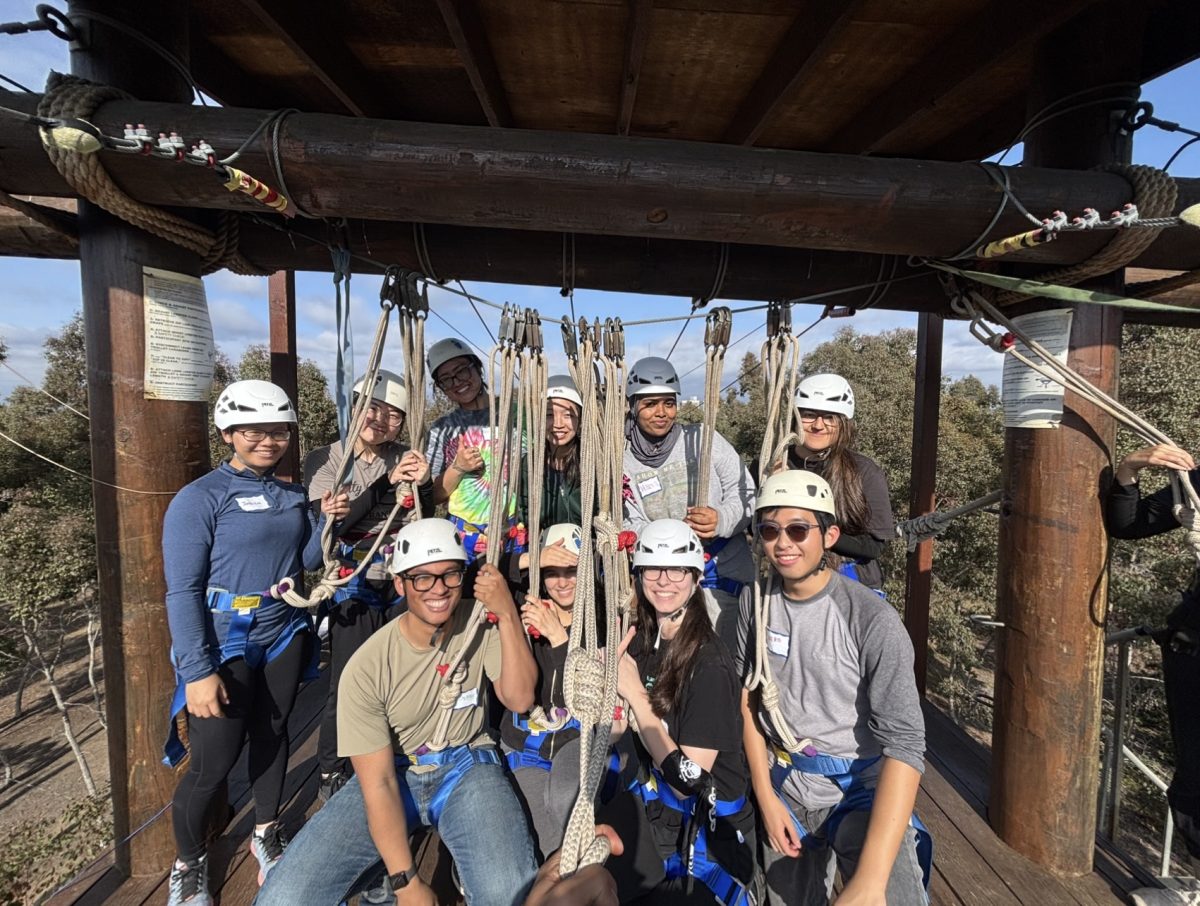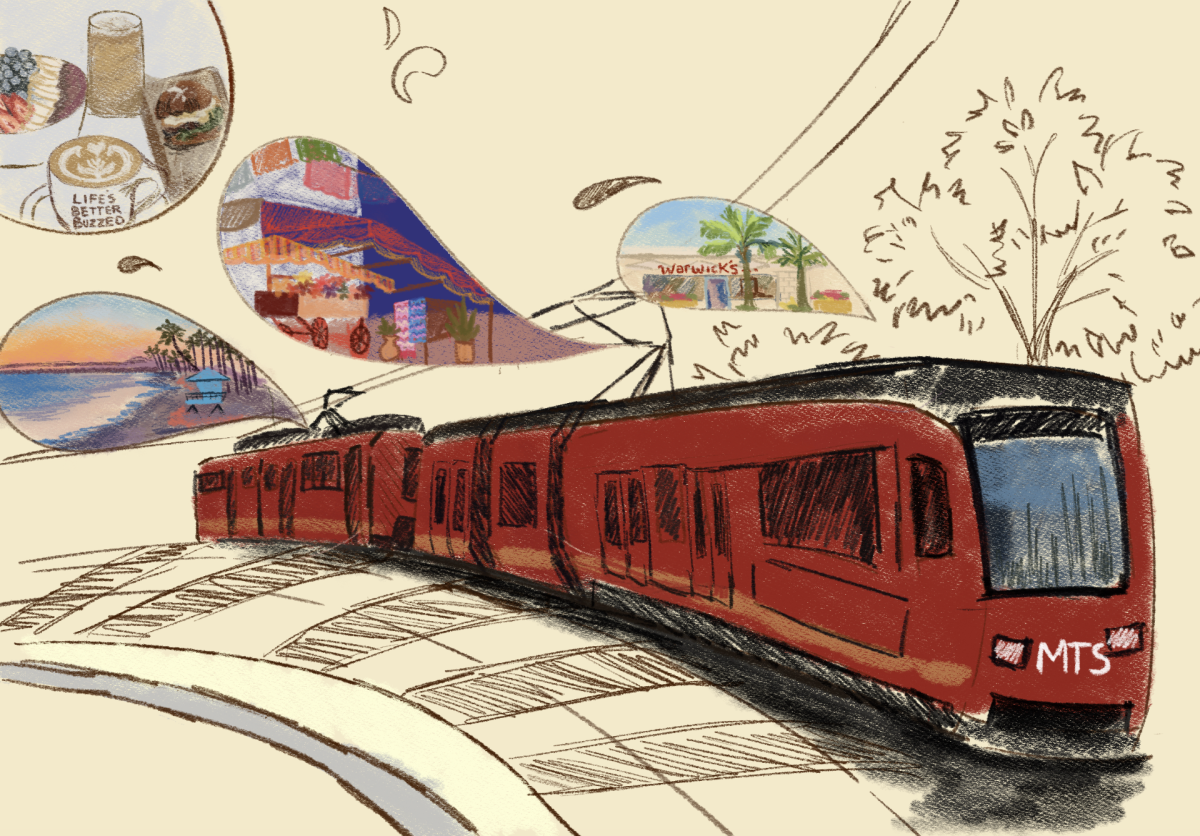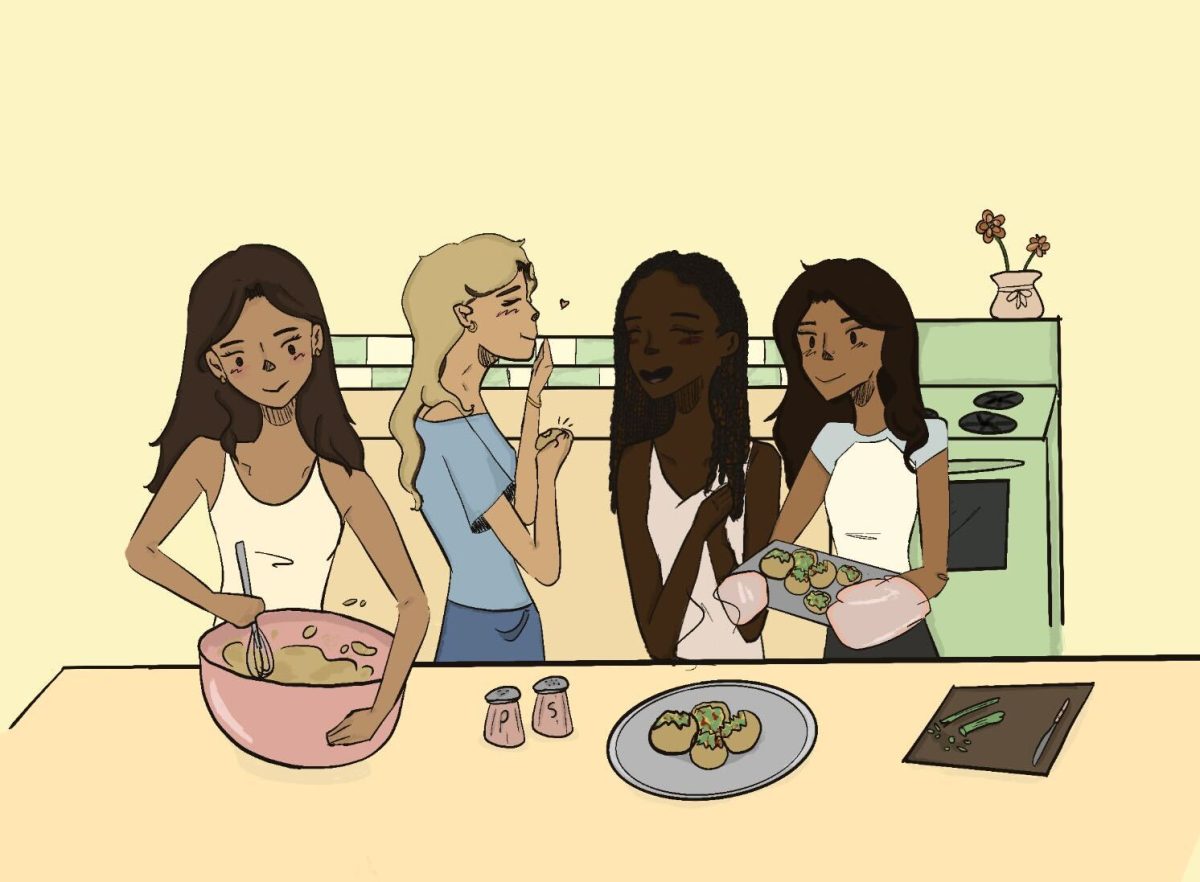The sound of my shoes hitting the linoleum floor marked my presence in the museum, though many were too enthralled by the artwork to notice my footsteps. I make my way up the stairs towards the European Renaissance section, hoping to see my favorite painting before I continue my day. It is here in this museum where I have spent most of my days in the last week, for the curators acquired such a beautiful piece, that I felt it calling to me the moment I heard it was here. But today, something strange captured my attention. Instead of the regular passers-by and an empty bench in the middle of the floor, a young man sat on that very bench, staring at the painting I had recently been entranced by. I waited for a moment to see if he would move. Maybe he was simply more interested in this piece than others. It was, in my opinion, the best piece here. But after minutes of an unwavering gaze, I realized he was there to stay. Deciding not to let this unusual circumstance take away from my enjoyment, I sat next to this young man, who was still staring at the piece ahead of us.
And after a prolonged amount of silence, he finally spoke up.
“It’s a beautiful piece, isn’t it?”
I sat with this question for a while.
“It is,” is all I gave him. I did not come today to engage in petty conversation.
“I find it funny,” he says. And in my head, I am taken aback. Funny? I see no humor in the artistry before us. But, perhaps I understood him wrong — it was not the first time I had misheard someone.
“Really?” I ask. “How so?”
“Do you know who is in the picture?”
I found this question peculiar. Of course, I knew who was in the painting. It was Patroclus with a grief-stricken Achilles by his side.
I respond with, “I do. Do you?”
“No.”
“No?”
“No. I have no idea”
Dumbfounded, I inquire further.
“Tell me then, why have you sat in front of this painting for so long?”
“It reminds me of another piece of art of Orpheus and Eurydice. Their bodies are the same. The grief and sorrow on their faces mimic each other, yet they differ in their relationship. These are two Greek warriors, not like the Roman lovers. So, why does this man share the same emotion for the other?”
I ponder this question, then carefully respond, “He loved him just as a mother loves their child, just as a son admires his father, and just as a wife loves his husband. In many ways, the Greeks and Romans are the same. Similar gods, the same ideas, the same stories.”
Pointing to the man on the right, I speak again. “Achilles loved Patroclus, just as Orpheus loved Eurydice.”
















